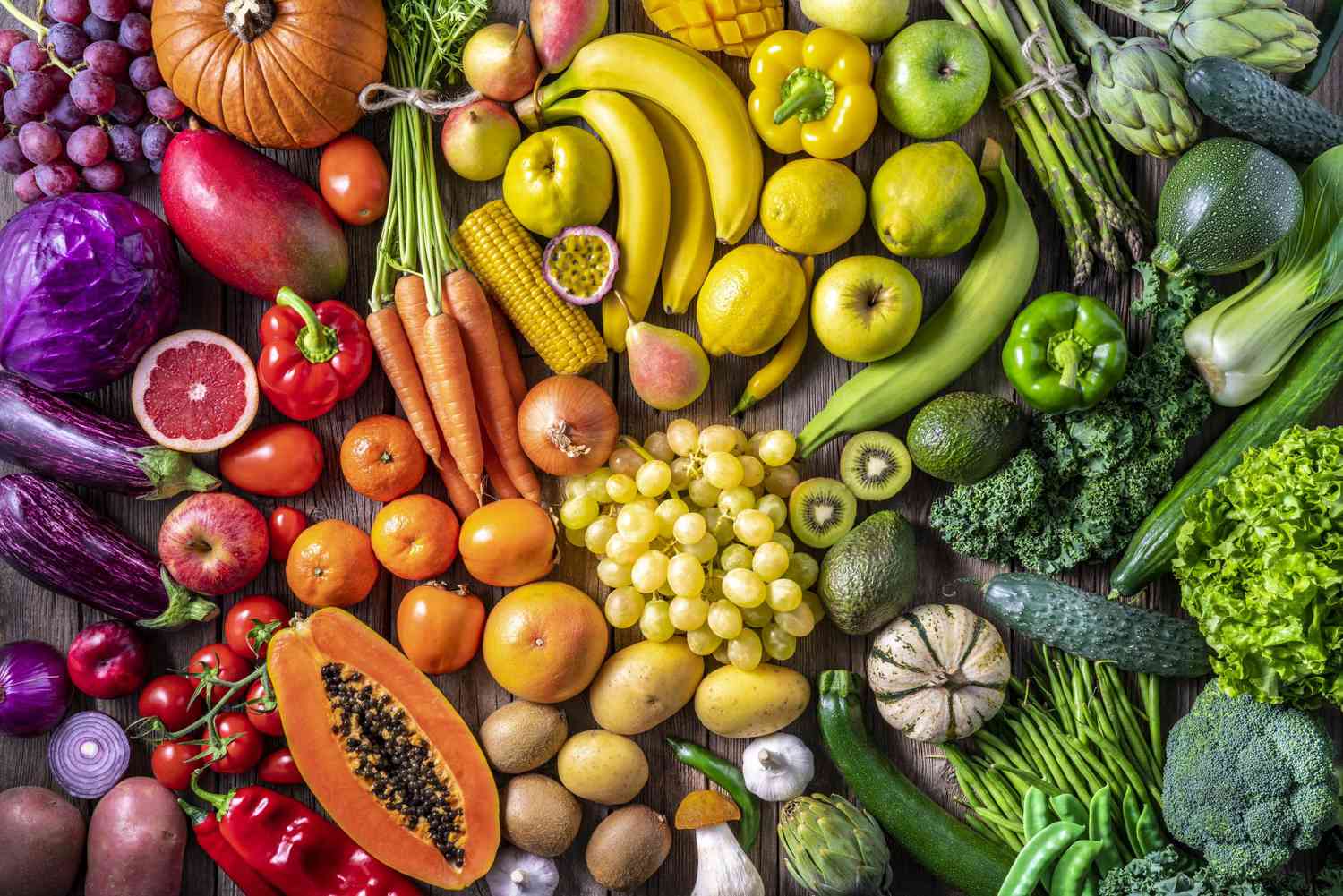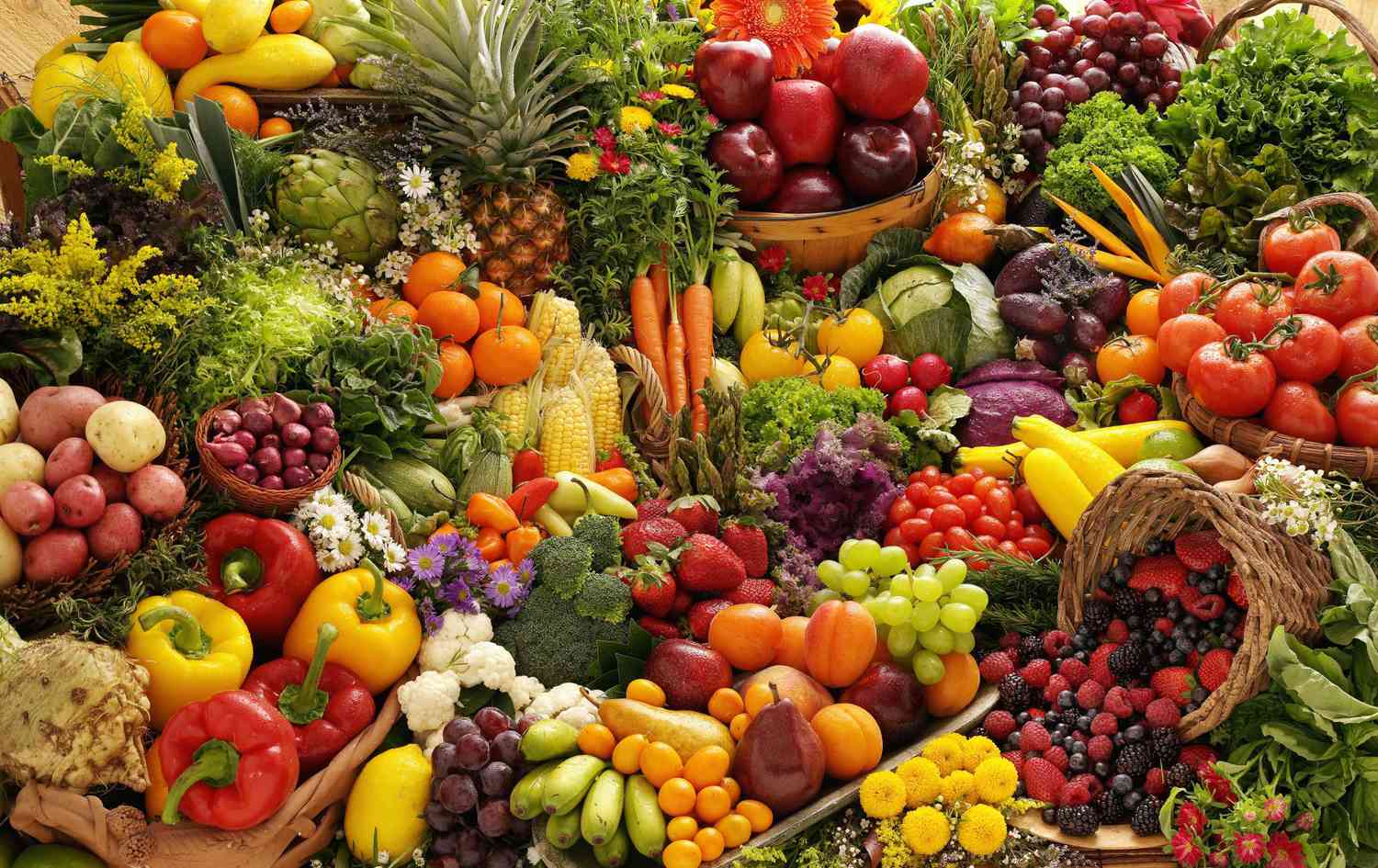
Eating fruits and vegetables can increase lifespan, according to a new study released by the American Heart Association (AHA).
The study, published on Monday, found that eating about two servings of fruit and three servings of vegetables a day improves an individual's chance of living longer.
"This amount likely offers the most benefit in terms of prevention of major chronic disease and is a relatively achievable intake for the general public," said lead author Dr. Dong Wang, an epidemiologist and nutritionist at Harvard Medical School and Brigham and Women's Hospital in Boston.
The study's researchers analyzed data from more than two million people in the U.S. and other countries and found that eating five servings of fruits and vegetables per day was associated with the lowest risk of early death.
According to the study's results, people who had five servings a day compared to those who had two servings a day had: a 13 percent lower risk of death from all causes; a 12 percent lower risk of death from heart disease and stroke; a 10 percent lower risk of death from cancer, and a 35 percent lower risk of death from respiratory disease.
Eating more than five servings of fruits and vegetables didn't have additional benefits.

While many types of fruits and vegetables are associated with the lower mortality rate, others have no effect on it, according to the study's results.
Green leafy vegetables (such as spinach, lettuce and kale) and fruits and vegetables rich in beta carotene and vitamin C (such as citrus fruits, berries and carrots) were all found to be beneficial in increasing life expectancy.
Meanwhile, starchy vegetables such as peas and corn, fruit juices and potatoes have no association in lowering the risk of early death, the study found.

According to the U.S. Centers for Disease Control and Prevention, only 9 percent of adults eat the suggested servings of vegetables, and only 12 percent eat the recommended amount of fruit.
The AHA currently recommends four servings of fruit and five servings of vegetables per day, according to the organization's website.
Source: Read Full Article
